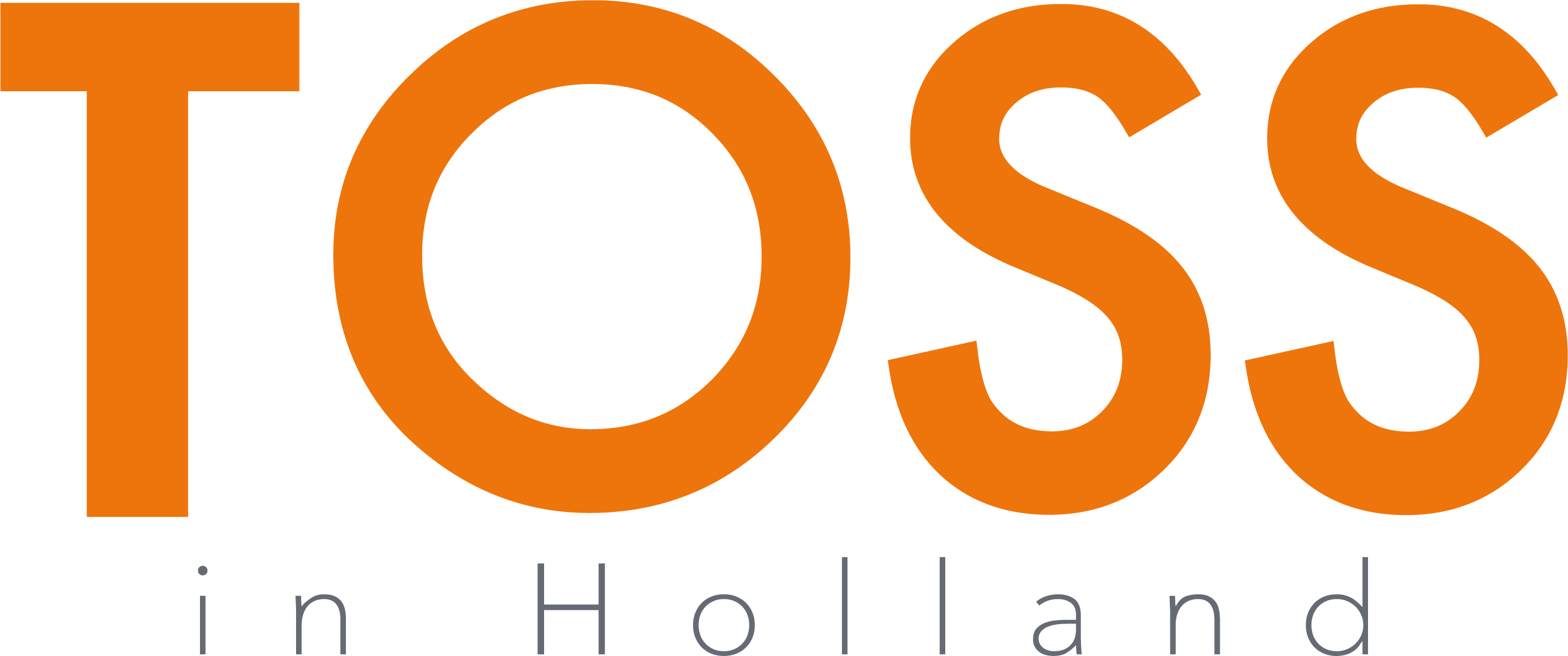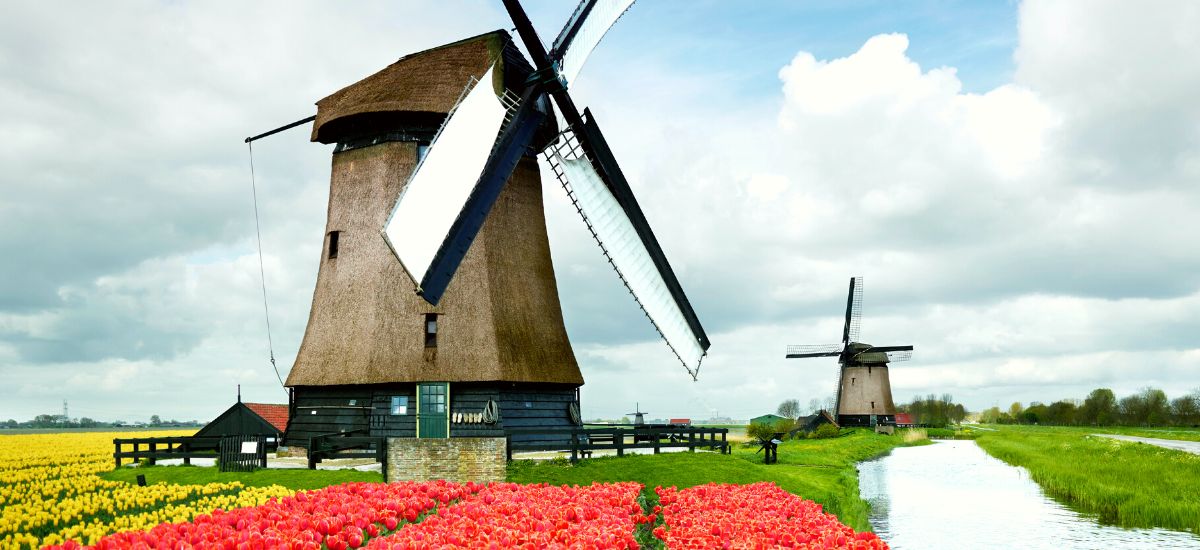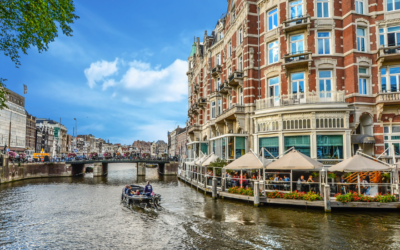A Starter Guide to Dutch Culture
If you’re a newcomer to the Netherlands, you may feel a bit overwhelmed. Nobody speaks your language; you have to adapt to new people and you’re starting a new job. Besides that, people might have different habits and customs.
To give you a head start, we’ve gathered a few Dutch habits, characteristics and tips.
The Dutch have a strict agenda
The Dutch keep a strict agenda for their appointments. Not only for work, but also for their social lives. Being very organized, most agendas are booked up weeks in advance. In general, there is no such thing as just dropping by. Of course, this also depends on your friends.
Besides that, Dutch people are never late for an appointment, so they’ll expect you to take the same care with your timekeeping. They are very punctual.
Greet like a local
There are a few greetings that are handy to know. For example, when you walk into a shop, it’s usual to greet the shop person with a hello or goedemiddag (good afternoon). Same goes when you walk into a waiting room, for example, at the doctor’s office.
When you meet new acquaintances, you should greet them with a handshake (except of course now, during times of Corona). With friends, it’s common to give them three kisses on the cheek and/or a hug.
Dutch directness
It is well known that Dutch people are very direct. They almost always speak straightforward in a friendly tone, with rather short, clear, sober sentences. This might cause some misunderstandings. Their directness can be mistaken for arrogance or rudeness, while most of the time they are just being honest.
The positive side of this style of communication is that you can ask a Dutch person anything and you’ll get an honest answer.
Grab a bike!
Indispensable in Dutch culture: a bicycle. Or as they call it in the Netherlands a fiets. And trust us when we say that without one it’s way harder to move around! Especially when you live in a city. Be a Dutchie and buy a bike or rent one. Tip: Observe bicyclists and their patterns for at least a day before starting to ride a bike yourself ;).
Time off
Dutch like their time off. They spend time with family and friends, go on vacation or study. A lot of people prefer to reduce working hours instead of having an increase in salary.
Working hours run from 8.30 a.m. to 5 or 6 p.m. and the average workweek in the Netherlands is 36 hours. A lot of Dutch people only work four days a week compared to the standard five. Most work is done during regular working hours. Except for those at management level, employees are reluctant to work overtime.
Depending on the labour contract, paid vacation days run from 21 to 35 days a year.
Birthdays
If it’s your birthday then you better not forget to bring your own cake (or snacks) to the office. Unlike many other cultures, it is typically Dutch to provide this yourself. Birthday parties at someone’s house can also be a unique experience. People usually sit in a circle of chairs. Just take your seat and join. You will be congratulated several times, even if it’s not your birthday.
Traditional Dutch foods
The more well-known Dutch dishes are warm due to the Netherlands’ cold winter. Stamppot for example, is a potato mash with ingredients like carrot, kale, endive, cabbage or sauerkraut. It is often served with meat.
AVG’tje is a term for a Dutch dinner and stands for: Aardappel, Vlees, Groenten, or potato, meat and vegetables. Also, snacks are part of the Dutch national identity: stroopwafels (thin, round waffles with syrup), bitterballen and kroketten (a mash-up of meat products), Hollandse Nieuwe (raw herring) and French fries with mayonnaise.
Besides our typical dishes, supermarkets in the Netherlands have an extensive range of products from different countries. Restaurants, especially in the cities, also serve food from all over the world.














